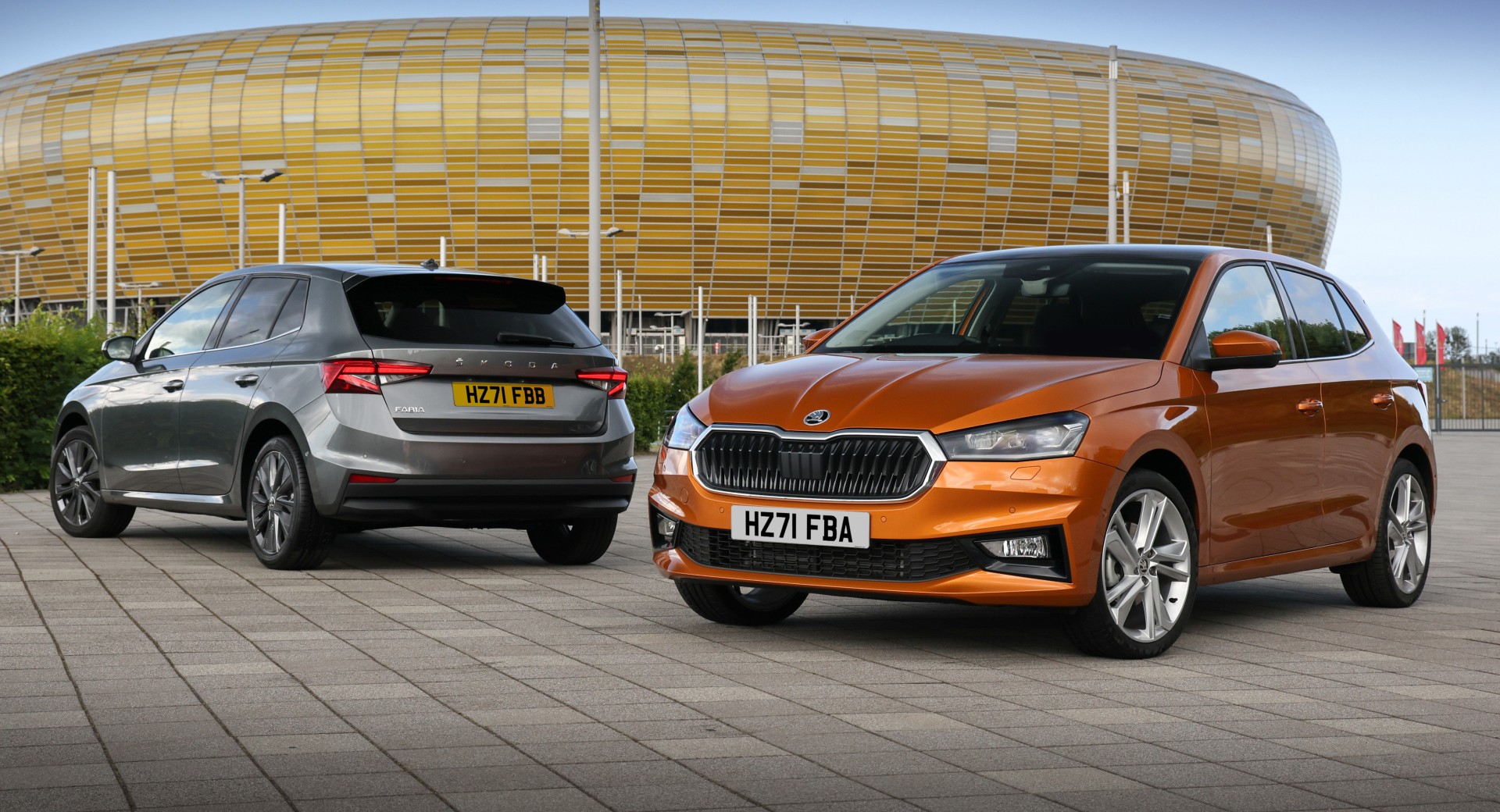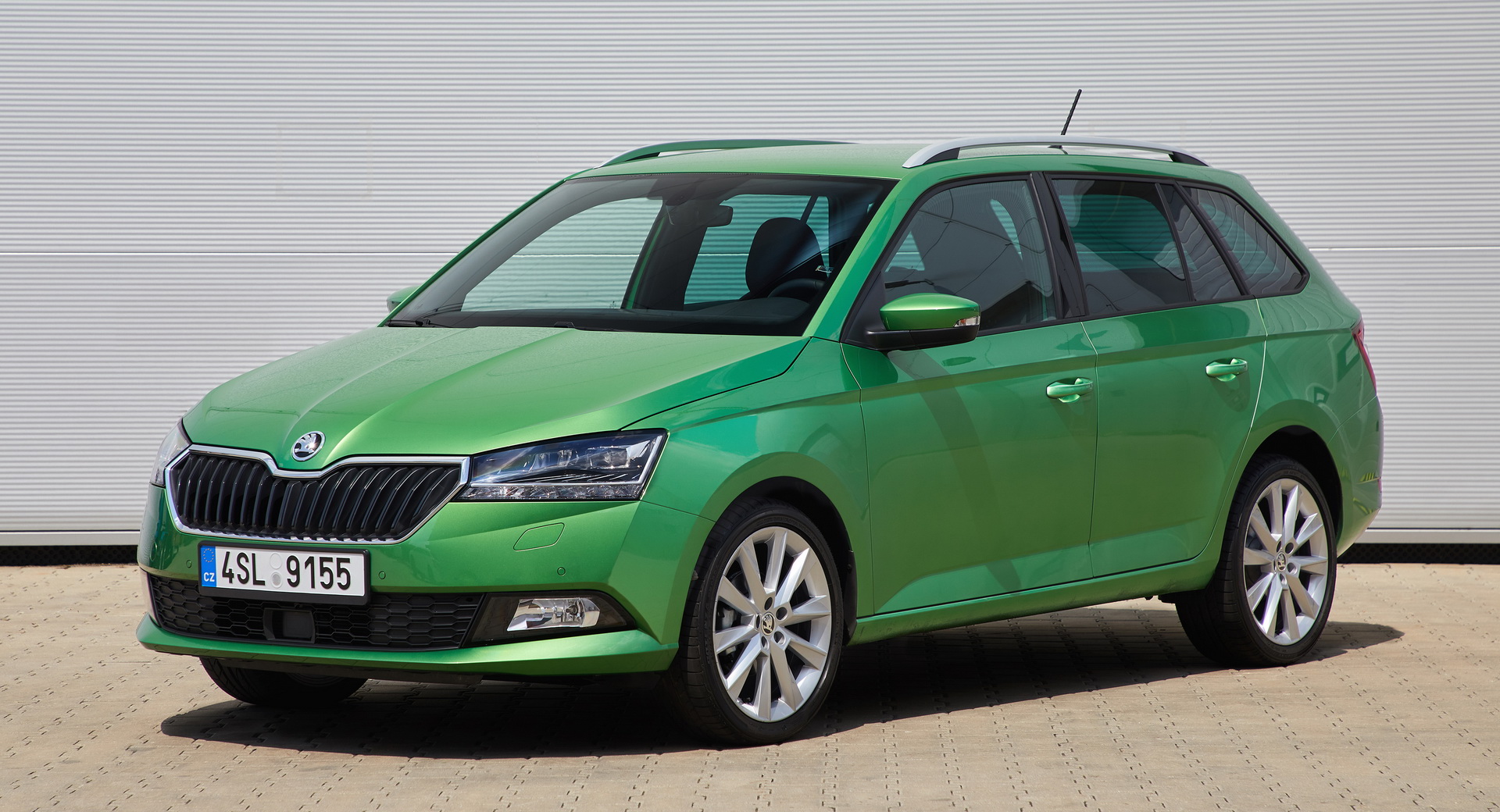[UPDATE: Skoda has officially confirmed to Autocar that the Fabia Combi will be dropped from the range due to strict emission targets that are “accelerating the transformation from the internal combustion engine to the electric car”. However, Skoda ensured that their factories in the Czech Republic “will be working to full capacities”.]
Despite being officially confirmed by Skoda CEO Thomas Schäfer last December, the Czech automaker has reportedly cancelled the new Fabia Combi. This bold decision was allegedly taken in order to help Skoda comply with the strict emission standards in Europe, in combination with a renewed focus on electric vehicle launches.
Citing the ČTK local news agency, auto.cz reports that Skoda management sent a letter to its employees announcing the cancellation of the Fabia Combi and explaining the reasoning behind it.
“The extremely strict Euro 7 emission standard has dramatically accelerated the transformation process towards electromobility,” read the letter. “Thus, we are not only in need of more electric cars, but we also have to say goodbye to some products with an internal combustion engine faster than planned. Therefore, we have decided to consistently invest in the future and say goodbye to internal combustion engine models such as the Škoda Fabia Combi.”
Read Also: New Skoda Fabia Can Travel More Than 560 Miles On A Single Tank Of Gas
Nowadays, automakers have all but abandoned station wagons in the B-Segment, where buyers usually prefer to put their money on hatchbacks and SUVs. However, the Fabia Combi accounted for 34 percent of the model’s overall sales, making a strong case for a new generation. Before the cancellation, it was officially confirmed that the model would enter production at the Kvasiny plant starting from 2023.
The Fabia Combi would share most of its body panels, interior, and underpinnings with the fourth-generation 2021 Fabia that was unveiled earlier this year. This means it would be offered with the 1.0 MPI, 1.0 TSI, and 1.5 TSI petrol engines without any hybrid options. Nevertheless, the need for adjustments to the MQB A0 platform in order to accommodate a wagon-style rear end would increase development costs since no other model in the VW Group would use this kind of architecture.
The outgoing Fabia Combi will be the last of its kind when production ends. As an alternative, Skoda buyers could get the MQB A0-based Scala compact hatch or the Kamiq small SUV.






